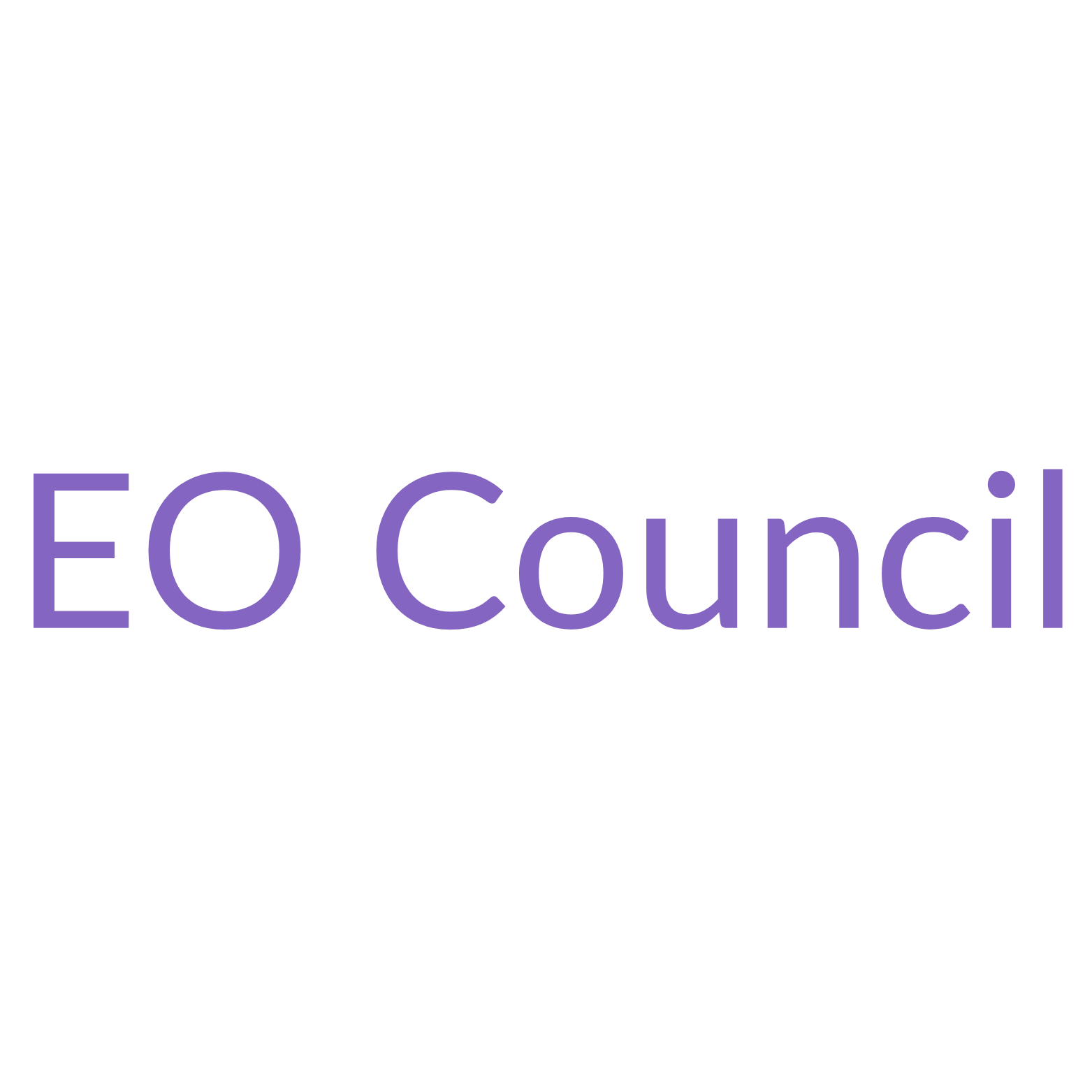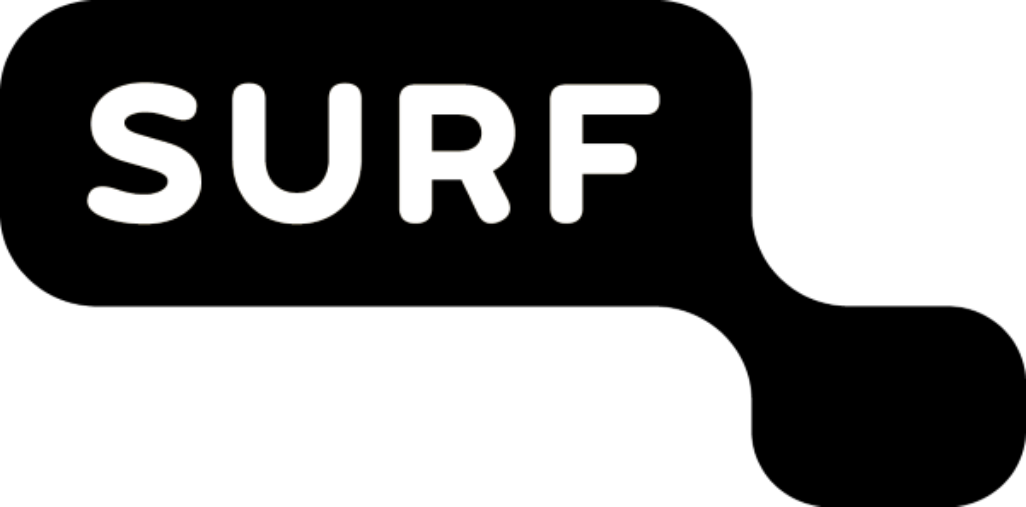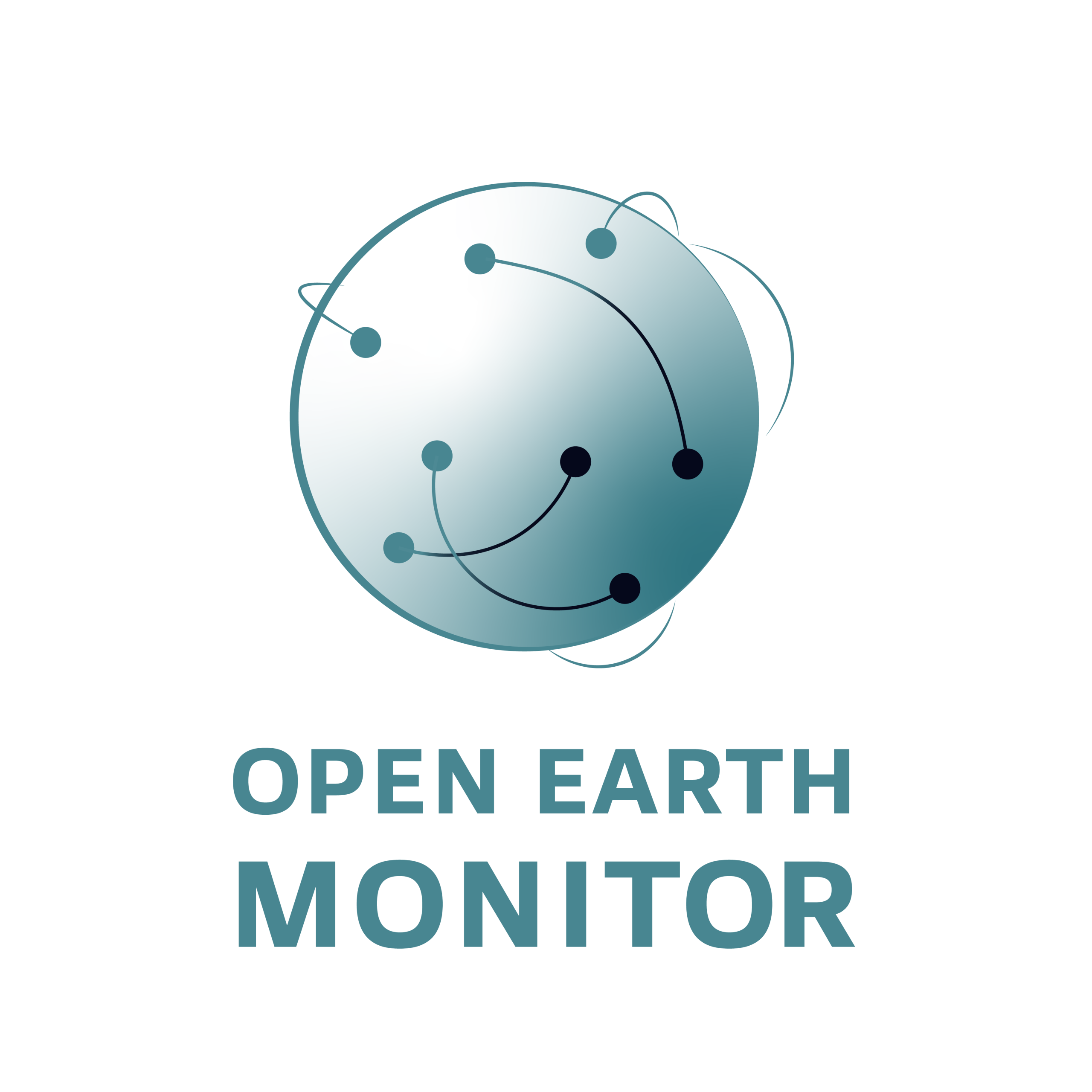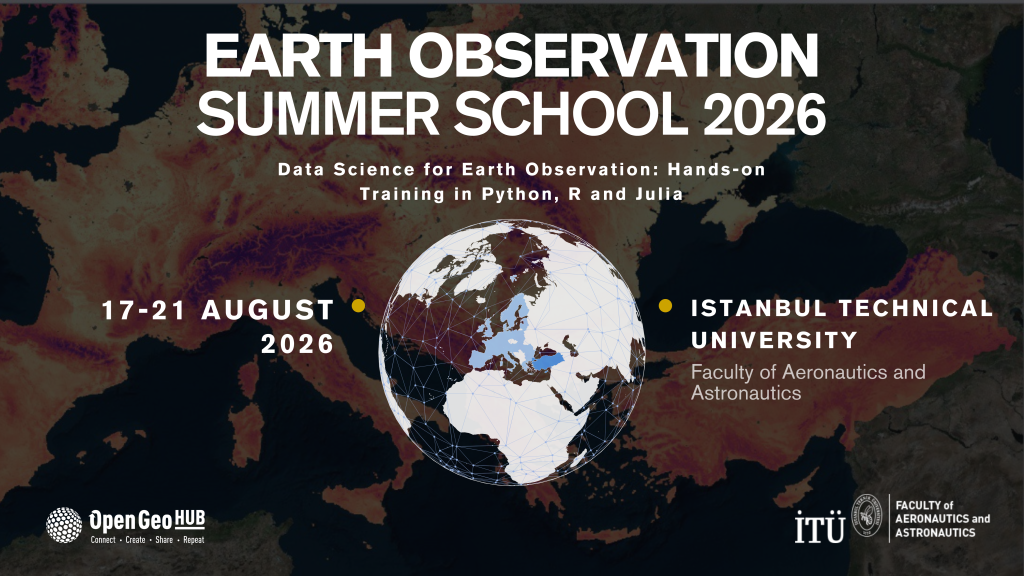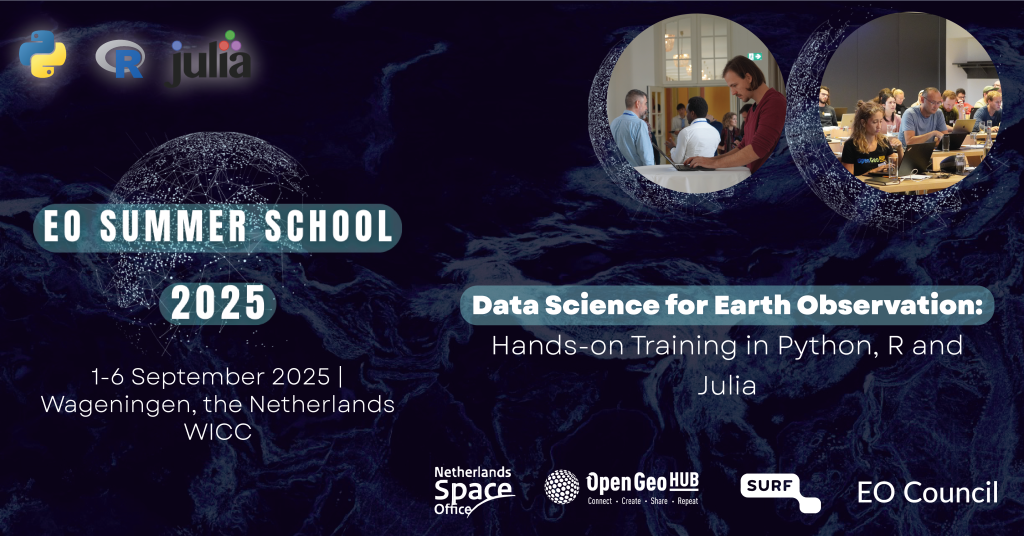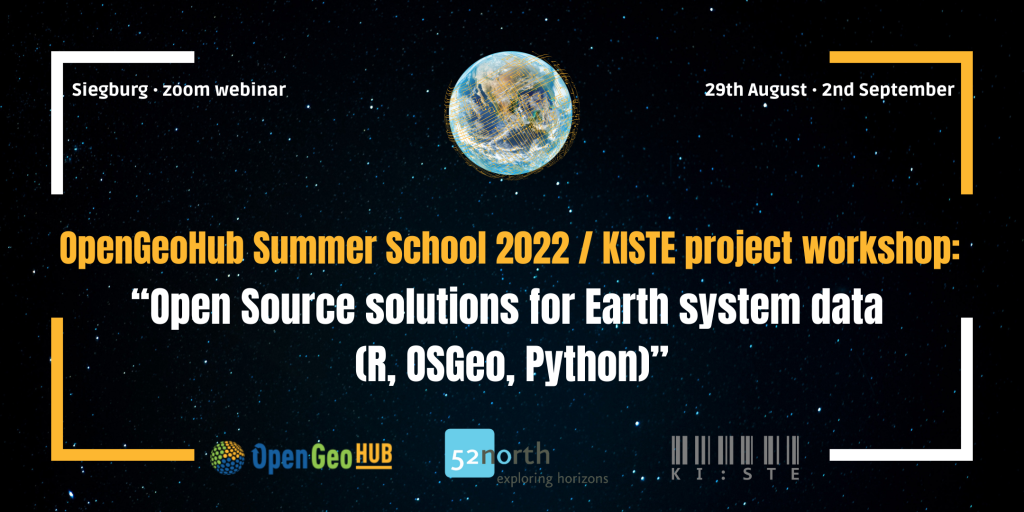
Data Science for Earth Observation: Hands-on Training in Python, R and Julia
Date: 1—6 September 2025
Location: Wageningen, Netherlands
OpenGeoHub Summer School is an annual event that has been running at various locations in Europe, North America, and Australia since 2010, inviting researchers and specialists in developing open-source software and open data to help others improve analysis and modeling frameworks.
The 2025 edition was organized in collaboration with EO Council, Netherlands Space Office and SURF. The Summer School consisted of live presentations and demos by leading EO modelers and OSGeo developers, workshops, discussion panels, machine learning competition, and several social events.
Hackathons are organized under the EU funded Open-Earth-Monitor project. This project has received funding from the European Union’s Horizon Europe research and innovation programme under grant agreement No. 101059548.
This Summer School is a not-for-profit event.
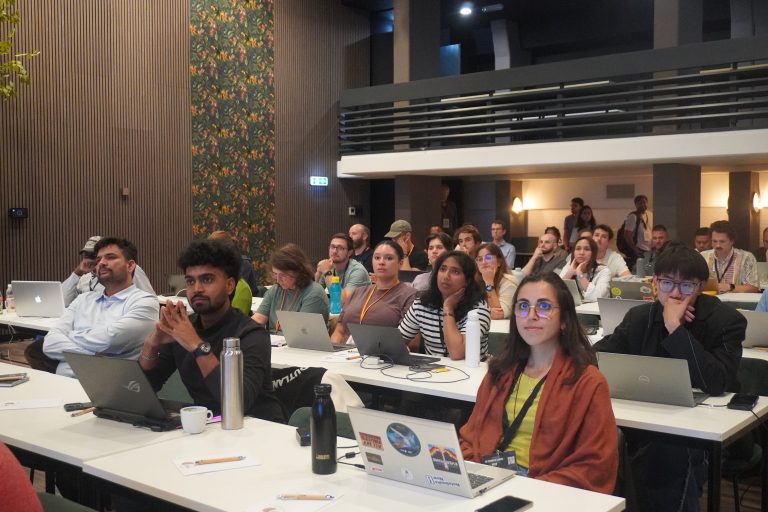


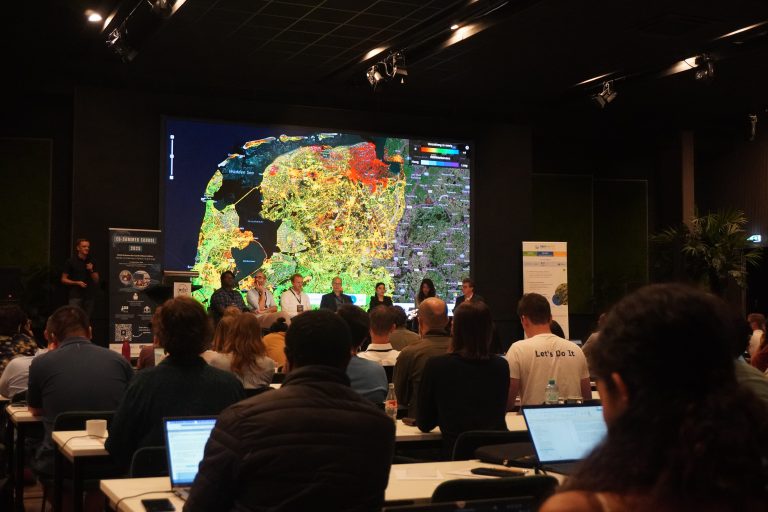
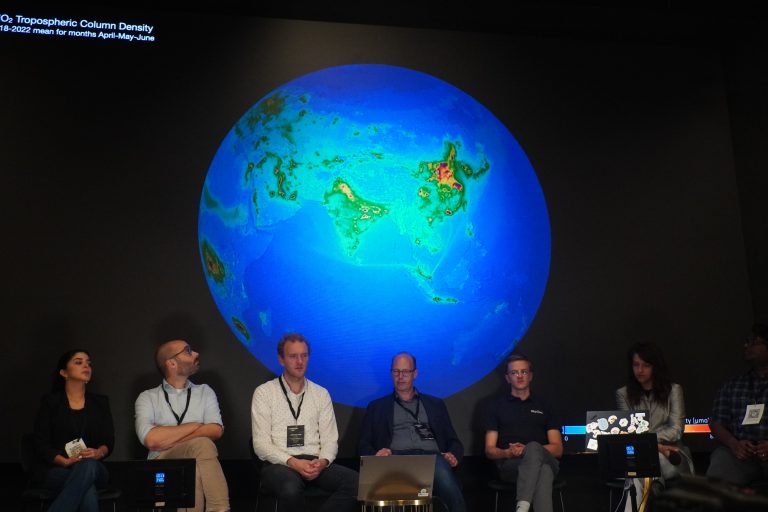
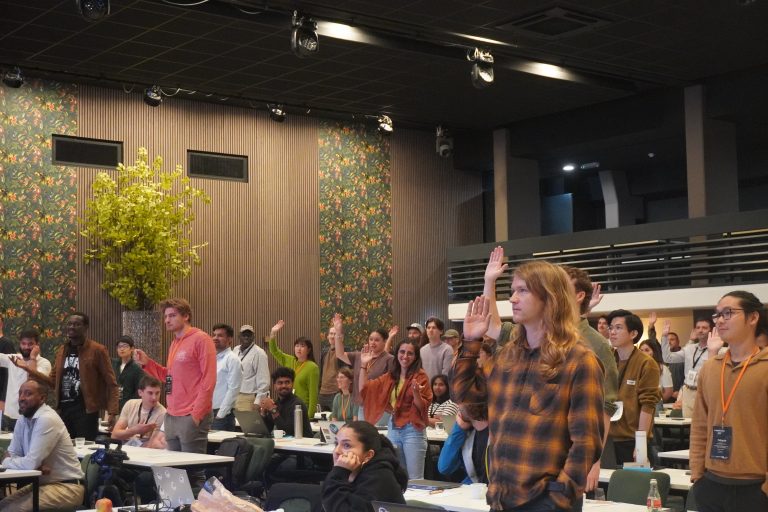
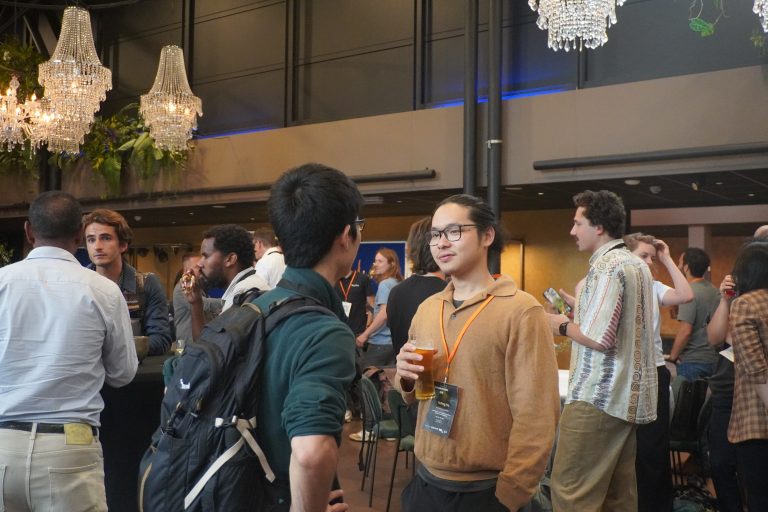
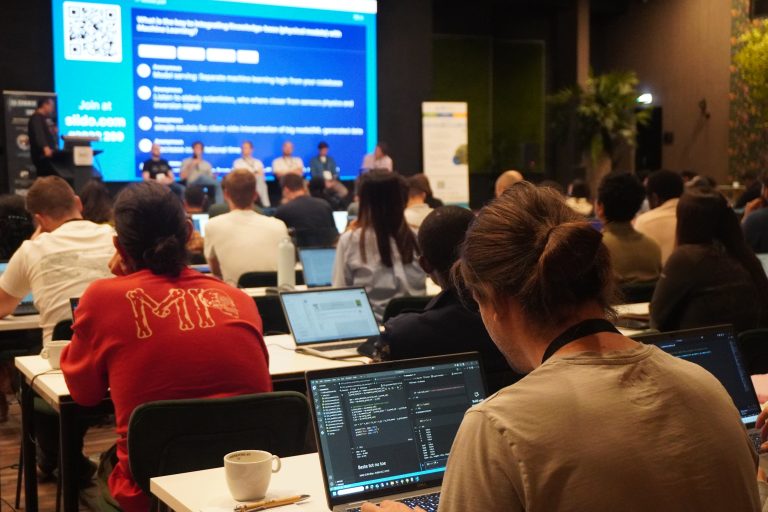
Video Recordings
Watch the video recordings of keynotes, workshops and oral presentations from the EO Summer School 2025.
EO Summer School 2025

37:46

26:55

42:34

1:26:35

33:59

30:43

1:27:09

1:27:40

1:26:01

1:17:56

1:28:21

1:27:27

26:28

23:04

21:40

1:21:01

42:34

25:24

1:20:57

56:15

1:34:58

1:09:10

1:02:38

1:17:15

1:05:53

38:37

1:25:09

1:12:25

56:03

1:20:21

1:22:10

1:13:12

1:26:48

55:06

28:27

1:08:05

1:35:56
Program
The first draft of the program is now live! Discover the lecturers, lectures and the activities.
Lecturers and Topics
The summer school featured an impressive lineup of lecturers. Below is the list of confirmed lecturers!


Applications
The registrations for the EO Summer School 2025 are now closed.
Registration Fees - Early Bird
Full-time students
Academic staff (Universities, research organizations)
Commercial participants / Companies
Registration Fees - Regular
Full-time students
Academic staff (Universities, research organizations)
Commercial participants / Companies
As the Summer Schools are not-for-profit events, there is a registration fee, which covers the costs of lecturers, food, coffee, venue, social events and excursion. Please read our cancellation policy before communicating the event to your budget holder.
Applicants who are selected are contacted with the registration link.
Accommodation is to be arranged by the participants and is not included in the registration cost. However, hotel rooms are pre-reserved for participants at the Wageningen International Congress Centre (WICC) Hotel, which is also the event venue. Participants will receive an access code to finalize their room booking. Staying at the WICC Hotel is highly convenient, as it is the same location as the event venue.
Time Frame

Topics of interest
Topics of interested are focused around but not limited to (unsorted):
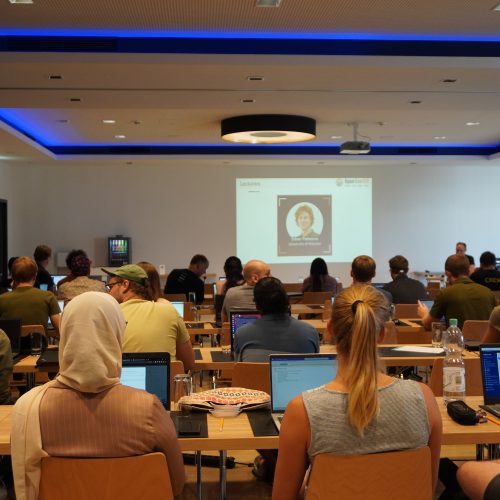
- AI for Earth System Sciences
- New R/Python packages and functionality, new FOSS4G software and standards
- Cloud-optimized data and geocomputation in R and/or Python
- Processing Landsat and Sentinel-2 EO archives
- Static and interactive visualization of spatiotemporal data
- Machine learning and deep learning methods for spatial and spatiotemporal data
- Interpretative machine learning for spatial data
- Reproducible Research with big data cubes
- Physics and instrumentation of EO imaging systems
- Calibration/validation, level-2 processing of EO imagery
- Wave propagation (Infrared and Microwave scattering, sensing, propagation)
- Machine Learning for Classification
- Applications in geomorphology, hydrology, vegetation science, cryoscience, ecology and climatology
- Data assimilation techniques
Who is it for?
PhD, MSc level students and postdocs in the field of geospatial, environmental data, EO data, computer science and computer vision. Researchers part of Universities and research institutes working with processing EO data for environmental applications. Post-doctoral researchers interested in open-source geospatial tools and methods. Young scholars looking for hands-on-training courses in programming languages python, R, Julia and similar.
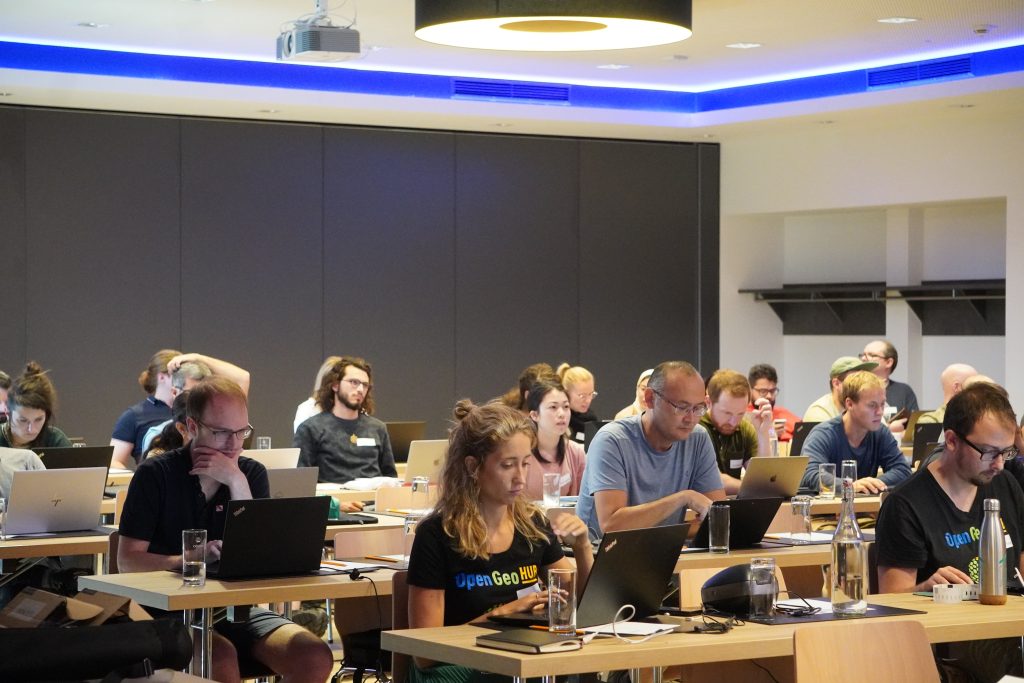
Venue - WICC
To reach Wageningen International Congress Centre (WICC), take a direct train from Schiphol Airport to Ede-Wageningen station. The journey takes approximately 1 hour. From Ede-Wageningen station, take bus line 86 or 303 towards Wageningen Bus Station. The bus ride takes about 25-30 minutes.
Frequently Asked Questions (FAQ) – Ticket Categories
We offer three types of registration fees:
- Full-time Student: Available for students who are not employed by a funding agency. A valid student ID or official registration proof is required.
- Academic or Research Organization Staff: For individuals working in academic institutions or research organizations.
- Commercial Participant: Designed for professionals from the commercial sector who wish to participate.
🚨 Important: We will conduct cross-checks to verify that the selected fee is applicable. If incorrect information is provided, your registration may be cancelled.
The registration fee is charged on a cost-recovery basis and covers:
✔️ Lecturer fees
✔️ Venue costs
✔️ Meals during the event
🚫 It does not cover accommodation or travel expenses. Participants must arrange these separately.
To be eligible for the full-time student fee, you must:
✅ Be enrolled as a full-time student.
✅ Not be employed by a funding agency, university or private/public organization.
✅ Provide official proof, such as a student ID, proof of enrollment, tuition fee receipt and/or registration document.
📢 Note: We will verify student status. Any deliberate misrepresentation may result in losing your spot at the Summer School.
You can complete your registration fee payment through our secure online platform:
If payment is not received by May 1st, 2025, your spot will be automatically given to someone on the waiting list.
Refunds are subject to our Cancellation Policy. Please review it before making your payment.
We recommend booking as early as possible. Rooms are available at WICC Hotel with special rates for participants. Use the block codes provided in the invitation letter when booking.
For general questions, please reach out to our Event, Communication, and Media Office at: events@opengeohub.org
For questions related to accommodation, please reach out to sales@wicc.nl.
Only coffee breaks and lunches are included. Breakfasts and dinners must be arranged by each student.
The academic program and lectures will end on the 5th of September. On Saturday, 6th of September we have organized a half-day excursion into nature. We suggest you stay until then to enjoy the full program we have prepared.
You need to send an email to events@opengeohub.org. We will provide you with an invitation letter for tourist visa ONLY AFTER you have paid the registration fees.
IMPORTANT: Visa processing times often take long. We strongly recommend you start your visa application process as soon as possible and preferably, before May, at the latest.
We do not take responsibilty for rejected visa applications. Not obtaining your visa on time is not a valid reason for cancellation after the unconditional period of cancellation, so please consider that before taking any action.


